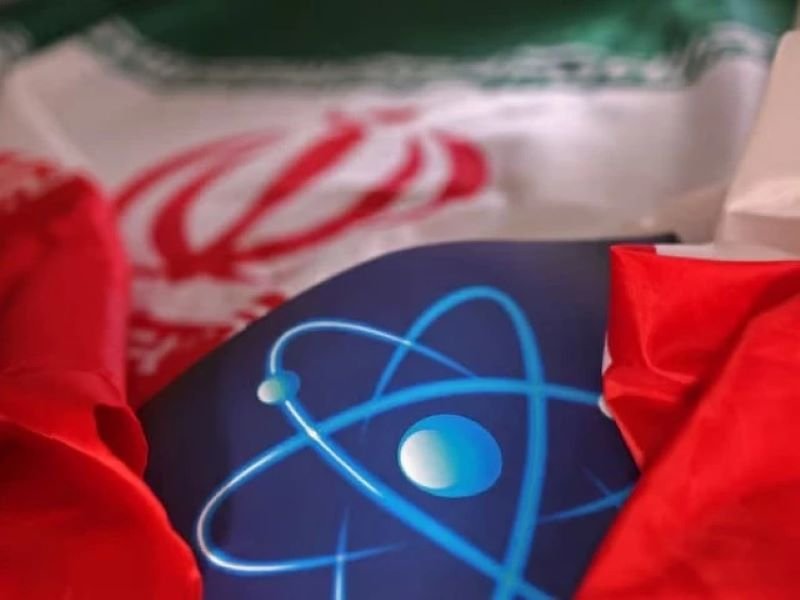New York (TDI): Sweeping UN sanctions on Iran were set to take effect late Saturday for the first time in a decade, after a last-ditch week of diplomacy at the UN General Assembly failed to salvage nuclear talks with Western powers.
The measures, due to snap back at 0000 GMT Sunday (8 p.m. Saturday in New York), will impose a global ban on cooperation with individuals, companies, and organizations tied to Iran’s nuclear and ballistic missile programs.
The International Atomic Energy Agency confirmed Friday that inspectors had regained access to Iranian sites, but Britain, France, and Germany pressed ahead with the sanctions mechanism, accusing Tehran of withholding transparency. Iran responded by recalling its envoys from the three capitals.
President Masoud Pezeshkian accused the US and Israel of using pressure to destabilize the Islamic Republic. He rejected a French proposal to surrender enriched uranium stockpiles in exchange for a one-month sanctions delay, calling it “a noose around our neck each month.” He also dismissed US envoy Steve Witkoff as “not serious,” accusing Washington of sabotaging earlier talks.
Read More: Tehran Has No Nuclear Bomb Plans, Iran’s President Assures UN
Russia and China opposed the snapback, calling it “null and void.” A bid at the Security Council to delay enforcement until April failed, underscoring deep divisions. Moscow and Beijing are not expected to enforce the sanctions, while Chinese firms have already defied US pressure to curb oil imports.
The renewed restrictions restore measures lifted under the 2015 nuclear accord, which collapsed after Donald Trump withdrew the US in 2018 and launched a “maximum pressure” campaign. Analysts warn the sanctions will deepen Iran’s economic woes, with the International Crisis Group noting that while Tehran has adapted to US measures, the UN snapback will be harder to undo.
Read More: Iran Allows IAEA Inspections After Over Two Months
Israeli Prime Minister Benjamin Netanyahu, in a fiery UN speech, urged immediate enforcement and hinted at further strikes on Iran’s nuclear facilities, following Israeli bombings in June that Tehran says killed more than 1,000.
Pezeshkian stressed Iran will remain in the Nuclear Non-Proliferation Treaty, warning that “unnamed powers” were seeking a pretext to ignite the region.



